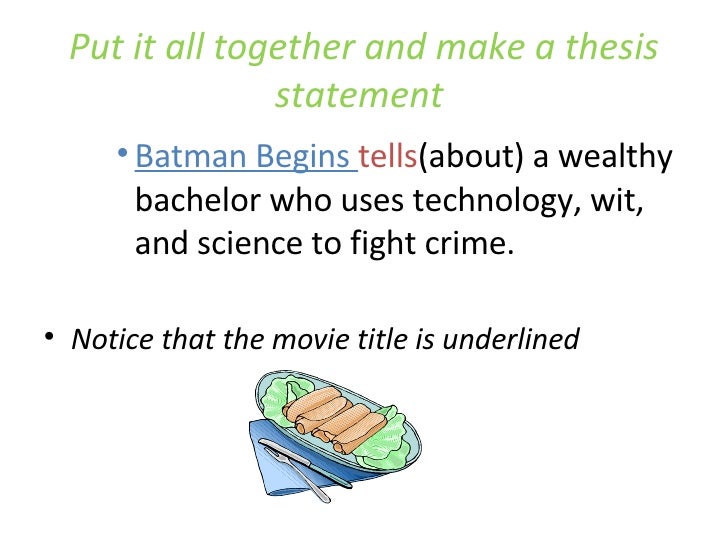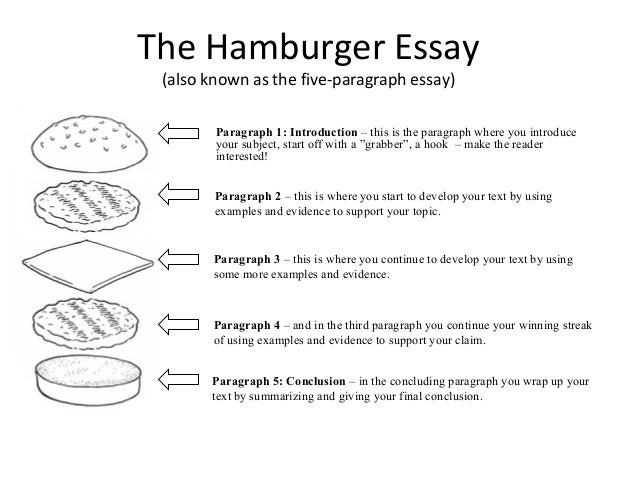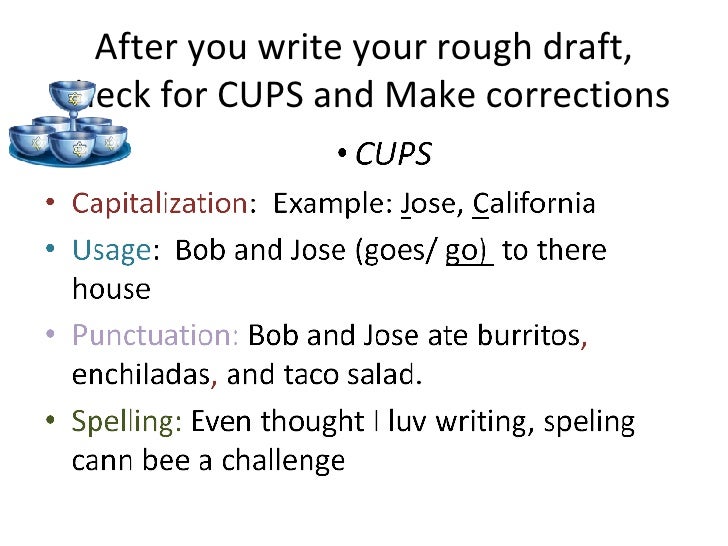

- BEST WAY TO SUMMARIZE A PARAGRAPH HOW TO
- BEST WAY TO SUMMARIZE A PARAGRAPH FULL
- BEST WAY TO SUMMARIZE A PARAGRAPH PROFESSIONAL
If after doing this exercise you find that you still have difficulty linking your ideas together in a coherent fashion, your problem may not be with transitions but with organization. This exercise should help you to see the order of and connection between your ideas more clearly. In the margins of your draft, summarize in a word or short phrase what each paragraph is about or how it fits into your analysis as a whole. Since the clarity and effectiveness of your transitions will depend greatly on how well you have organized your paper, you may want to evaluate your paper’s organization before you work on transitions.

They are words with particular meanings that tell the reader to think and react in a particular way to your ideas. Transitions are not just verbal decorations that embellish your paper by making it sound or read better.
BEST WAY TO SUMMARIZE A PARAGRAPH HOW TO
Transitions signal relationships between ideas-relationships such as: “Another example coming up-stay alert!” or “Here’s an exception to my previous statement” or “Although this idea appears to be true, here’s the real story.” Basically, transitions provide the reader with directions for how to piece together your ideas into a logically coherent argument.
BEST WAY TO SUMMARIZE A PARAGRAPH FULL
Whether single words, quick phrases, or full sentences, they function as signs that tell readers how to think about, organize, and react to old and new ideas as they read through what you have written.

In other words, transitions tell readers what to do with the information you present to them. Transitions help you to achieve these goals by establishing logical connections between sentences, paragraphs, and sections of your papers.
BEST WAY TO SUMMARIZE A PARAGRAPH PROFESSIONAL
In both academic writing and professional writing, your goal is to convey information clearly and concisely, if not to convert the reader to your way of thinking. The function and importance of transitions This handout will introduce you to some useful transitional expressions and help you employ them effectively. This work prompts discussion about what’s important in the text and lets both students do the thinking work of summarizing.In this crazy, mixed-up world of ours, transitions glue our ideas and our essays together. Consider pairing writers with emergent-writers and asking the writers to take dictation. Have students work together to answer summary questions and write responses. Encourage them to write successively shorter summaries, refining their written piece until only the most essential and relevant information remains. Guide students throughout the summary writing process.Incorporate graphic organizers that use pictures rather than text as prompts and/or have students draw their summaries. If students are working independently or in pairs, you can vary the method they use to summarize. Keep in mind that different summarizing routines can be used for the same text.Provide sentence frames for oral and written summarizing lessons and activities.

Differentiated instruction For second language learners, students of varying reading skill, and younger learners


 0 kommentar(er)
0 kommentar(er)
